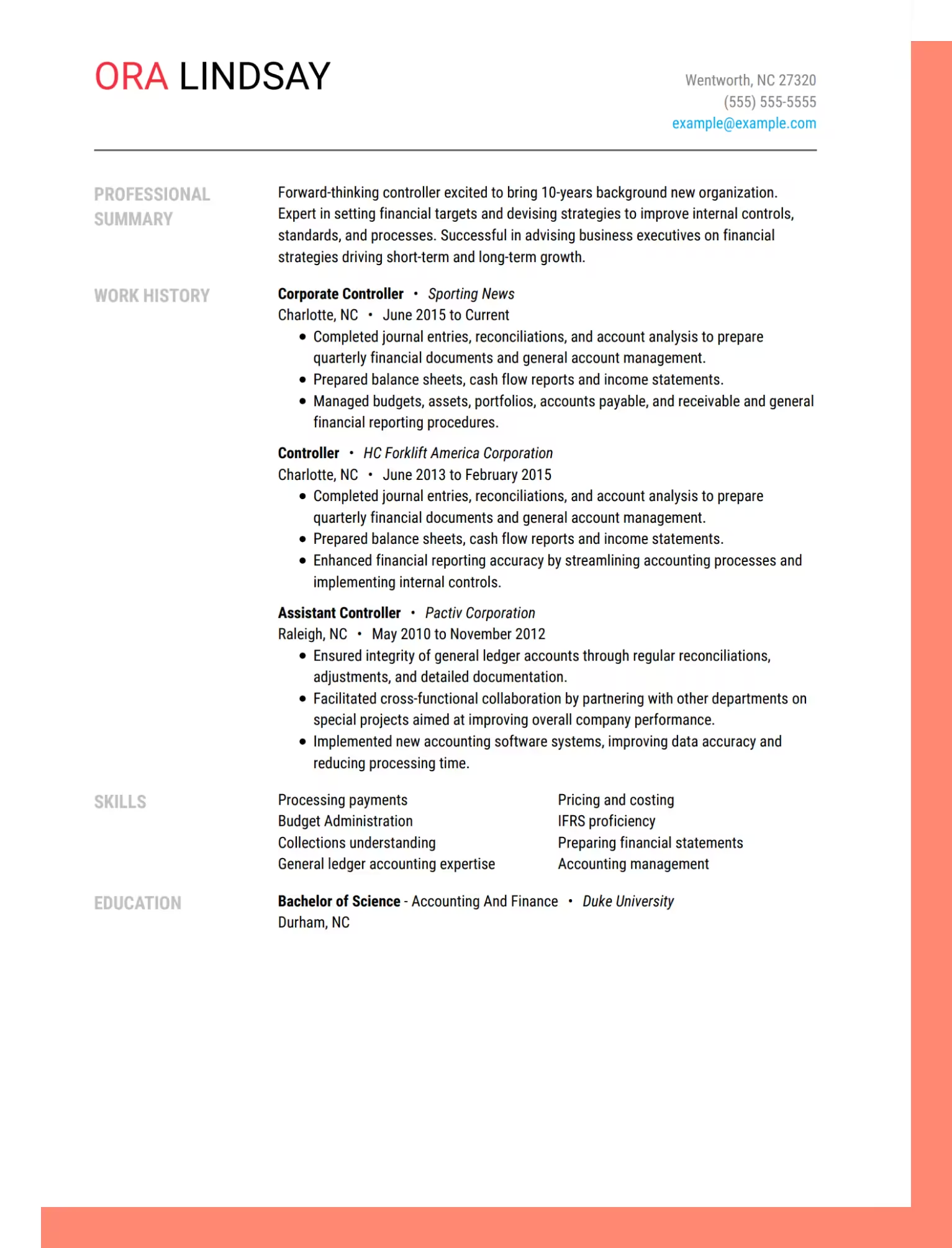Best Law Enforcement Resume Examples & Templates

- 30% higher chance of getting a job‡
- 42% higher response rate from recruiters‡
Our customers have been hired at:*Foot Note
Your community connections, law knowledge and commitment to protection can help you pursue a career in law enforcement. Time to write a resume to stand out from the applicant pool.
We’re here to help you build the perfect law enforcement resume or CV, and create an effective cover letter to match it. Get inspiration from our resume examples, CV examples and cover letter examples to get you started.
Resume examples for top law enforcement jobs
Cover letter examples for top law enforcement jobs
Our customer reviews say it best
Our resume builder makes it easy to craft an impressive, ATS-friendly resume in just minutes.
- Free professionally designed templates.
- Expert suggestions for every section of your resume.
- Start a resume from scratch or edit your existing resume.
Law enforcement resume FAQ
What are some common skills required for law enforcement jobs?
What qualifications and certifications do employers look for in this industry?
Qualifications for law enforcement vary by state, from high school diploma, postsecondary education or a bachelor’s degree. You must also complete the academy’s training and continue training while on the job.
Certifications can add more value to your resume and back up your skills and knowledge. Start with basics like CPR and first aid. More advanced certifications include: Law Enforcement Officer Certification, Peace Officers Standards and Training and the International Association of Law Enforcement Intelligence Analysts’ Professional Certification, among others.
What is the salary potential for a law enforcement career?
The salary of a law enforcement professional varies according to employer, job title and location. The Bureau of Labor Statistics (BLS) reports the median pay is $46,590. BLS also reported the following as median pay for similar occupations:
- Correctional officers and bailiffs: $47,920 per year
- Police and detectives: $66,020 per year
- Probation officers and correctional treatment specialists: $60,250 per year
What does the career progression for a law enforcement job look like?
The Bureau of Labor Statistics projects 2% growth in law enforcement employment, which is lower than the 5% projected growth for all occupations. Despite this decline, BLS still expects around 421,500 openings each year until 2031.
What’s the ideal resume format for a law enforcement job resume?
The ideal resume format will highlight your strengths and value as a candidate. Choose one according to your years of experience and career goals in law enforcement.
- Functional format: The choice for entry-level candidates. Its layout focuses on skills, allowing you to showcase the abilities you bring to the table.
- Combination format: Ideal for those with a few years under the belt, this format balances skills and work experience.
- Chronological format: Perfect for candidates with a decade or more of experience. This format highlights your expertise through a detailed work history section.
How we reviewed this article
Since 2012, we have helped more than 11 million job seekers. We want to make your career journey accessible and manageable through our services and Career Center’s how-to guides and tips. In our commitment to bring you a transparent process, we present our Editorial Process.
Sources
- Bureau of Labor Statistics. Protective Service Occupations
- National Conference of State Legislature Law Enforcement Officer Certification Database
- Federal Law Enforcement Training Centers Peace Officer’s Standards and Training (P.O.S.T.)
- International Association of Law Enforcement Intelligence Analysts, Inc. (IALEIA) IALEIA Professional Certification Program

